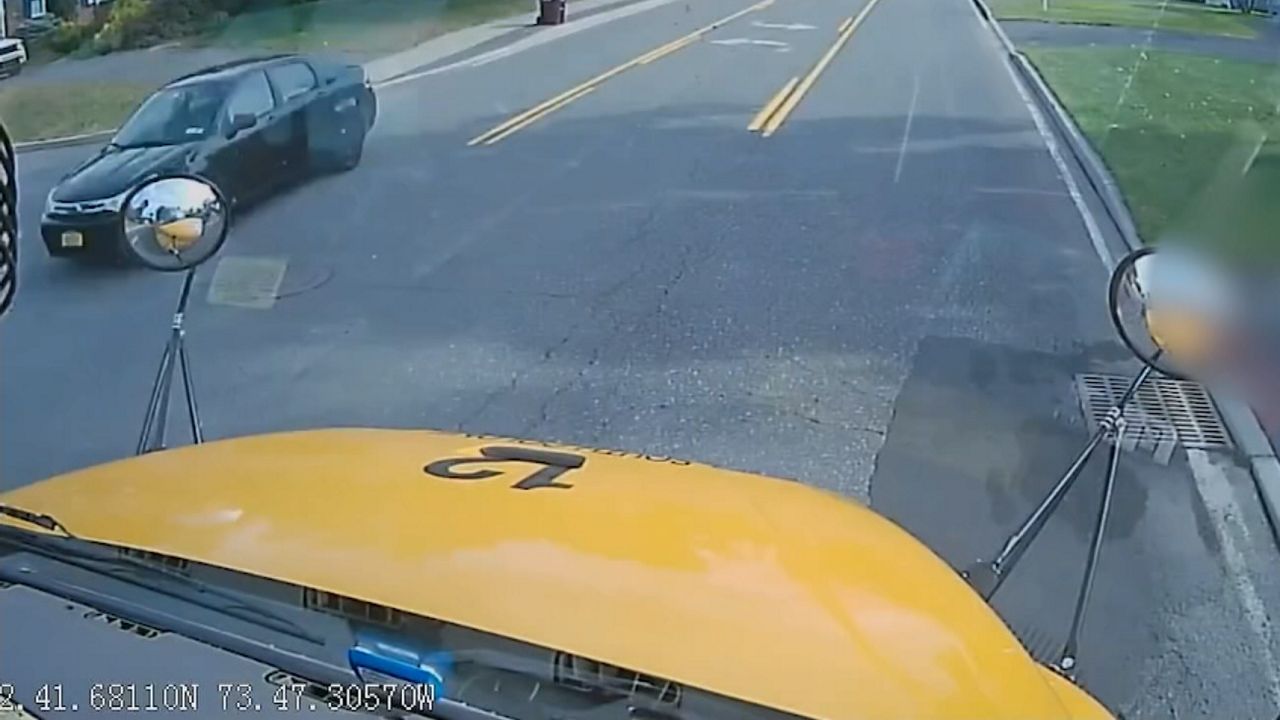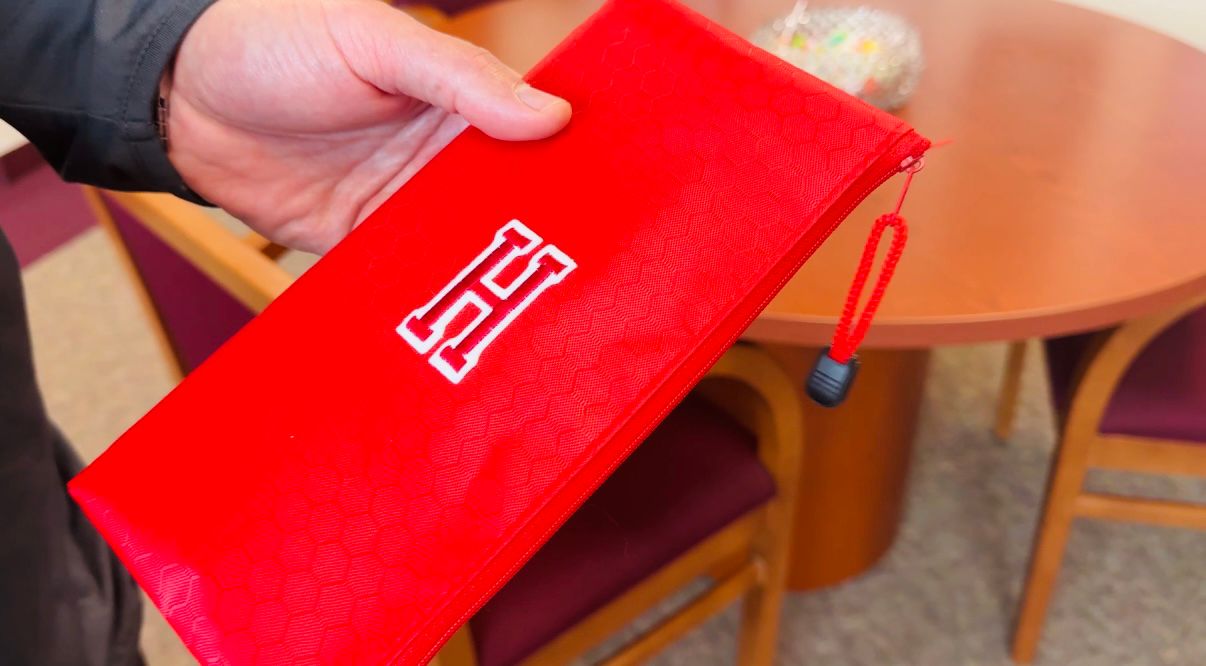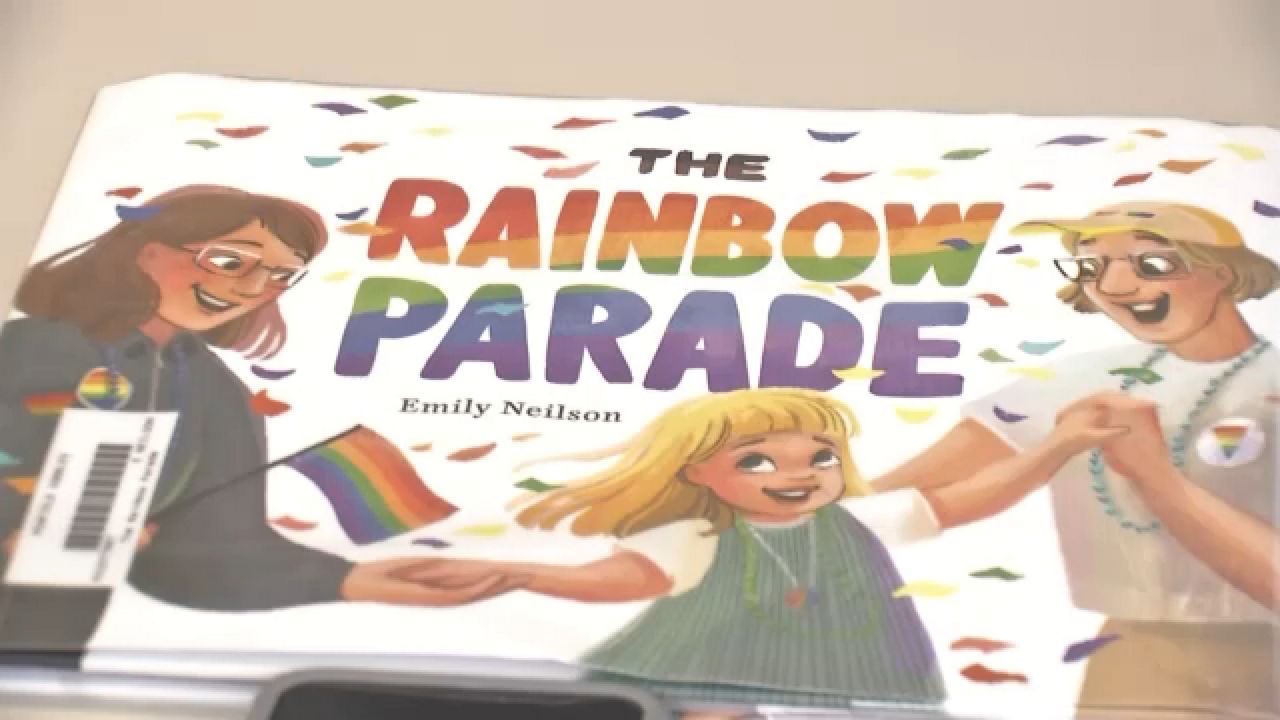BROCKPORT, N.Y. — SUNY is expanding its required general education curriculum this fall to include courses on diversity, inclusion and social justice.
Just about every afternoon, you can find Blake James at the Joey Jackson Intercultural Center of SUNY Brockport.
"It's a nice chill vibe to meet with friends and pretty much hang out, talk about different topics, play card games, watch movies [and] listen to music," James said.
The president of the Men of Color Organization, he loves surrounding himself with unique and motivating individuals.
“You're interacting with various different students from different backgrounds," James said. "And to have a space like this, you're interacting. You're engaging. You're doing networking activities."
Besides a center dedicated to inclusion, SUNY Brockport also requires students to take diversity, inclusion and social justice courses.
"We want our students to understand that everybody comes to SUNY Brockport with a different set out experiences,” Martin Abraham, provost and vice president of Academic Affairs, said. “And when they go beyond our own institution, they're going to be interacting with individuals with a different set of backgrounds."
The entire SUNY system will now be requiring it as part of its general education framework for all students beginning this fall. Brockport itself has more than 30 courses in this vein, ranging from African American studies, to social disparity in health and gender, race and class.
“We've always had it as a requirement, or we've had it for a long time,” Abraham said. “So this just changes, a little bit, the nature of the courses that will be meeting those requirements."
Students appreciate the commitment, like Tegan Hughston with Brockport Student Government.
“It's important for me to be knowledgeable about these topics," Hughston said. "I don't want to be somebody who is biased, or ignorant or anything like that."
James is also a BSG senator.
“It helps me evaluate my own visions, my own understanding of things and gain a different perspective as well," he said.
James and Hughston both believe their organization, and college, is a microcosm of the American melting pot.
“Educating the youth as they go through college, so that when they get into higher positions, maybe even governmental positions, they know what they're talking about," Hughston said.
This is why James looks forward to more inclusive spaces everywhere as the message spreads.
“I hope it provides students with that leadership, but also the advocacy," James said. "Advocacy to help spread awareness on different topics, different people's cultures. To not be closed-minded, to not just think one certain way."










